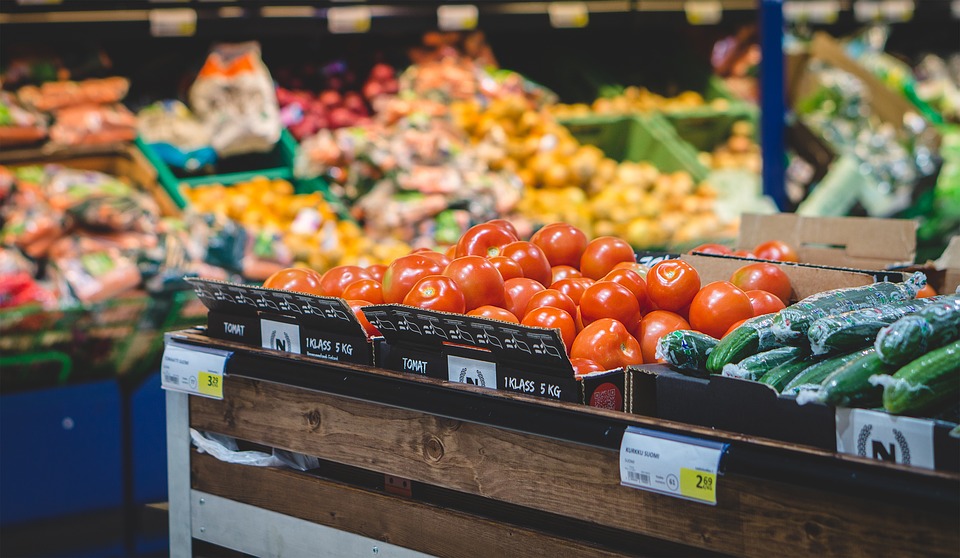There is a real possibility that the UK might need to stockpile food in preparation for Brexit. The looming economic threats of a no-deal Brexit are starting to become more and more apparent as March 29, 2019 approaches. Following the concerns regarding the worst-case scenario of a no-deal Brexit, Theresa May recently commented that stockpiling food would be the responsible thing to do for the UK.
Even as the government is reportedly doing everything it can to secure economically viable post-Brexit deals, the PM herself is already preparing for the possibility of the country facing the worst. And she’s not alone. Supermarket giant Tesco is preparing to take serious steps to fend off a potential national food crisis in the near future. Tesco CEO Dave Lewis explains that they’re giving the government until this Christmas to cut a deal that would ensure the free flow of goods from Europe to the UK. Otherwise, the company will take the matter into their own hands by stockpiling food for their millions of customers. Tesco has already cut its prices and expanded its variety of cheaper food in an attempt to quell consumer concerns. And if things don’t look up by December 2018, they could start stockpiling both fresh and dry goods for long-term storage. Lewis further warns that “The possibility of stockpiling fresh food is very, very limited,” and that the regular importation of fresh food from Europe could be the single biggest challenge that could arise from a no-deal Brexit.
Indeed, both a no deal or a hard Brexit would kick the UK out of the EU’s Single Market – the system that allows for the free movement of goods, capital, services, and labour across all member states of the union. As part of the Single Market, British companies can freely sell to the 500-million strong EU customer base as well as buy goods and services from any other country that’s also part of the same system. A report from The Independent reveals that up to 44%, or £220 billion out of £510 billion, of the UK’s exported goods go to the EU. All of these would be subject to tariffs as well as added regulatory/administrative costs should the British government fail to cut a favourable deal. Similarly, such a scenario would also make it much more expensive and difficult to continue the regular importation of food from Europe.
Apart from a food shortage, another Brexit-prompted factor that the UK needs to worry about is the looming failure of British industrial production. More focus will be put on the UK’s ability to support itself after Brexit with economists looking at how the country’s current industrial production is fairing. The Economic Calendar on FXCM shows that the UK’s industrial production is currently bearish. This means that following Brexit-related concerns from both domestic and international stakeholders, British industrial production is experiencing falling share prices. Combined, all of these factors point to the very real possibility that the UK will need to fend off a food crisis in the near future. If the government fails to ensure favourable trade deals with the EU soon, particularly when it comes to food products, stockpiling food seems to be the current most reasonable option for British citizens.



